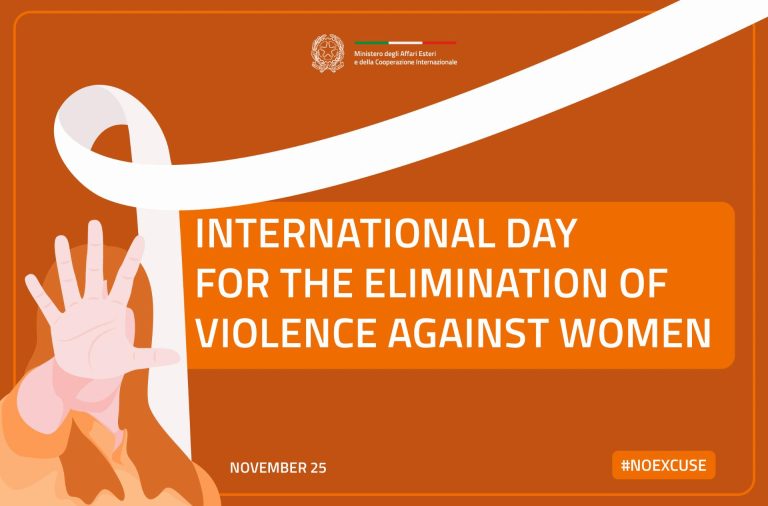The Italian Ministry of Foreign Affairs and International Cooperation has allocated this year’s contributions to Italian archaeological, ethnological and anthropological missions abroad, which have more than tripled in recent years, exceeding 1.6 million Euro distributed among 250 requests stemming from around the world.
Iraq was once again the country with the largest number of funded projects, 18, with 10 located in the entire territory of federal Iraq and 8 in the Autonomous Region of Iraqi Kurdistan for a total of over 200 thousand Euros (see list below).
Just to cite a few of them, we find PARTEN, directed by Prof. Daniele Morandi Bonacossi – University of Udine in the area of Duhok – Iraqi Kurdistan, which has brought to light exceptional Assyrian rock reliefs that have earned him the Prize “Khaled Al-Asaad 2020” as the world’s greatest archaeological discovery; the excavations of the area of Nineveh East in Mosul, among the areas most affected by Daesh, where the reconstruction also passes for the discoveries of Prof. Nicolò Marchetti – University of Bologna, who last year found an entire library of cuneiform texts dating back to 620 BC; the mission of Seleucia, near Baghdad, managed by Prof. Carlo Lippolis of CRAST – University of Turin, the first and oldest Italian mission in Iraq that still retains unexplored wonders; or the excavations of AMEr, managed by Prof. Franco D’Agostino – University of Rome “La Sapienza” in the UNESCO World Heritage site of Eridu, the oldest city in Mesopotamia – dating back to the sixth millennium B.C.
“Archaeology remains a flagship sector for Italy, from which it derives great prestige but also represents an excellent example of cultural diplomacy and collaboration with local authorities” stated Ambassador of Italy to Iraq, Maurizio Greganti. “Archaeological cooperation between Italy and Iraq – the Ambassador adds – is a fundamental and historical part of bilateral relations, dating back to the 1930s. Over the time, Italian archaeologists have achieved excellent scientific results, transferred skills and knowledge to local teams, with whom they collaborate assiduously, and helped developing the culture of a unique country like Iraq – the Land of the Two Rivers, cradle of civilization whose contribution to the history of humankind was crucial, beginning with the invention of writing by the Sumerians around 3.200 BC.”
For the Consul of Italy in Erbil, capital of the Autonomous Region of the Iraqi Kurdistan, Michele Camerota: “The presence of our archeologists and the missions of Italian universities is one of the most important assets we have in the Region in the cultural field, a source of pride for the Italian system. We are therefore always very keen to offer our support and further facilitate the already excellent relations with the Directorates of Antiquities and other local authorities involved, who understand the importance of archaeological discoveries as a cultural value but also as a possible driving force for tourist attraction”.
ARCHAEOLOGICAL MISSIONS IN IRAQ









